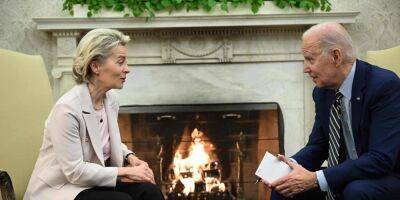Whitehall procurement cards serve a purpose but oversight is patchy
Nestled inside a shaded courtyard, Plataran in south Jakarta offers diners the promise of authentic Indonesian food “with the atmosphere of Javanese royalty”. Five miles to the north, Kaum gives guests a taste of tribal Indonesian cooking with modern inflections.
Together, these are two of the city’s finest restaurants, and they are where Liz Truss and her team decamped, first for lunch and then for dinner, during a whistle-stop trip to the Indonesian capital in 2021. The two meals cost the taxpayer £1,443 – all paid for conveniently by handing over one of the thousands of government procurement cards (GPCs) that officials can use to pay for anything under £20,000.
Just over a decade ago, the Conservatives highlighted the amount of wasteful spending carried out on these cards, with David Cameron calling it “hideous” when he was running for election in 2010.
However, a Labour analysis published on Monday shows that the use of them since then has increased. Since 2010-11, the amount spent on GPCs by 14 of the main 15 central government departments has risen by about 70% to £146m, the Labour figures show. The one department not analysed was the Ministry of Defence, a heavy user of the cards but the data from which contained inconsistencies.
Much of that money has been spent on the day-to-day items needed to run a government department, such as office stationery, furniture and training courses. The government likes using such cards because it can reduce bureaucracy and transaction costs, and make sure suppliers get paid on time.
In 2020, the Cabinet Office told departments to increase spending limits so that individuals could pay for items worth up to £20,000 on the cards, with a monthly limit of £100,000. That guidance was
Read more on theguardian.com












